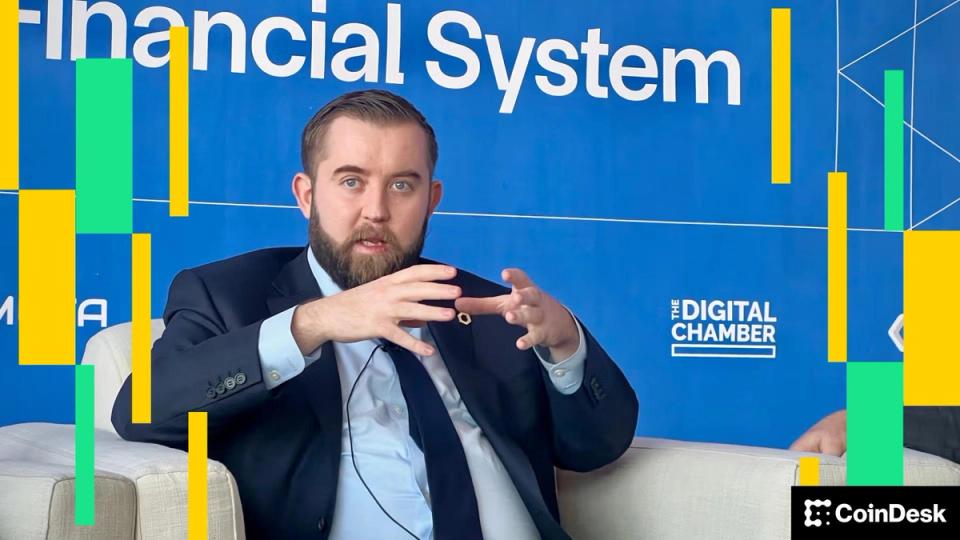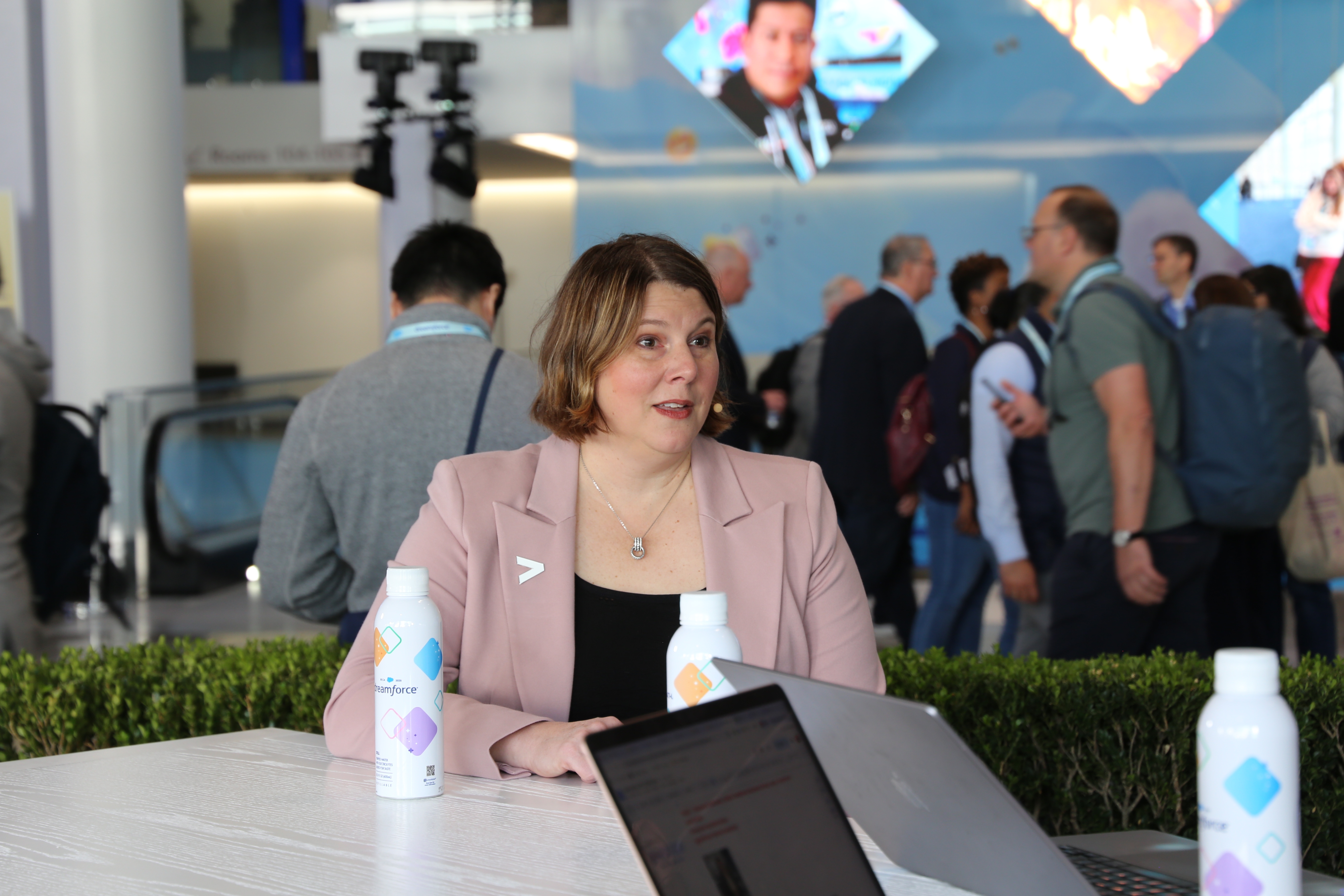Copyright International Business Times

When Dragoneer led OpenAI's latest $8.3 billion funding round, most individual investors could only watch as institutional investors fought over what would turn out to be one of the year's best venture deals. We see it happening more and more in venture capital: large funds are getting better access to high-growth tech investments, while regular investors are left out. A new generation of platforms is working to fix this imbalance. Alumni Ventures (AV), a company based in Manchester, New Hampshire, is one of those going against that trend. By doing something that the industry once thought was impossible—giving individual investors access to the same institutional-grade deals for as little as $10,000—they have quietly become one of the most active venture capital dealmakers in the US. Over the past decade, Alumni Ventures has raised over $1.5 billion and invested in more than 1,600 companies, participating alongside major venture firms like Andreessen Horowitz and Khosla Ventures. It has 40+ funds that cover topics like artificial intelligence, climate tech, space exploration, and quantum computing. The company has also built what founder and CEO Mike Collins calls "the largest and most accretive network in the industry." This supportive community of 850,000 members helps generate proprietary deal flow that even seasoned institutional investors can have trouble getting into. The firm's network advantage stems from its early focus on startups founded by students at top American universities, which Collins views as innovation hubs. "Obviously, American universities are a nexus of research and amazing talent. They've attracted the best and brightest young talent from around the world," he observes. "So using this connection to get access to deals was a natural place for us to start and central to what we do." The firm has since expanded to build communities around shared interests in seed investing, deep tech, healthcare, and more. This rapid growth hasn't gone unnoticed. In 2022 and 2023, PitchBook named Alumni Ventures the most active U.S. venture firm. Meanwhile, its unconventional philosophy leaves traditional venture capitalists scratching their heads. Alumni Ventures never leads rounds, rarely takes board seats, and quietly assists companies they invest in. "Venture capital is competitive—especially in the best companies—but we try not to compete with strong lead investors," Collins explains. "Instead, we work to show our value to management teams by being a best-in-class co-investor." This nonthreatening approach has opened doors. Alumni Ventures now co-invests with all the top-tier firms, doing dozens of deals with many of them. "We tell CEOs, 'We are a bit like your favorite uncle. We leave you alone, but if you need help, we'll step up to assist any way we can.' That's respected," Collins notes. In part, that hands-off approach is actually a product of Alumni Ventures' focus on searching for the right problem and the right problem-solvers. Collins notes, "We really like to find teams with strong founder-product-market fit and take a more ground-up approach. Great founders will show that they are passionate about solving a very difficult problem that could change the world. We're trusting their vision, determination, and persistence." It's also a reflection of the rigorous diligence that drives Alumni Ventures' investment process across ten separate teams that operate almost like independent venture funds. But while each team has its own networks, points of view, and working styles, they share one process, one scorecard, and a checks-and-balances system that ensures thorough vetting. "Venture funds with too many committees and processes never hit home runs because home runs by definition require thinking out of the box," Collins asserts. "Our business is as much about saying 'what could go right' versus 'what can go wrong.' " Beyond tough problems and teams, Collins acknowledges that certain megatrends clearly resonate more than others with Alumni Ventures' customers. "AI, of course—for societal reasons, but also cultural and monetary—seems essential for any portfolio today," Collins notes. "It's also such an explosive and technical area that our investors want our help in staying on top of it." Strategic technology also draws significant interest, particularly "the intersection of national security and cutting-edge advances in energy, space, defense, and infrastructure tech." Healthcare technology represents another major draw, spanning everything from consumer devices like Oura rings in Alumni Ventures' portfolio to more futuristic innovations in brain-computer interfaces and longevity tech. "It's the reason we have two dozen funds and 40 investing syndicates to appeal to all their interests," Collins explains. Perhaps most importantly, Collins has identified a critical flaw in how individual investors approach megatrend investing: overconfidence in their ability to predict the future. "People overestimate their ability to predict the future. And that human bias gets in the way of people being successful investors," he says. "The most important aspect of being a successful venture investor is understanding human psychology and behavioral economics." He advocates for portfolio-based thinking over individual stock picking, noting that "one's ability to identify a winner in the sector is overdone and full of 'hindsight bias.' " You need to back multiple competitors to diversify risk and optimize your odds of owning a winner." Time horizon management represents another crucial factor, as venture funds operate on 10-year cycles for good reason. "It takes young startups time to mature and deliver value, so be patient. There is also tons of noise in the system. We'd all be better channeling Warren Buffett and tuning out 95% of that noise," Collins advises.



